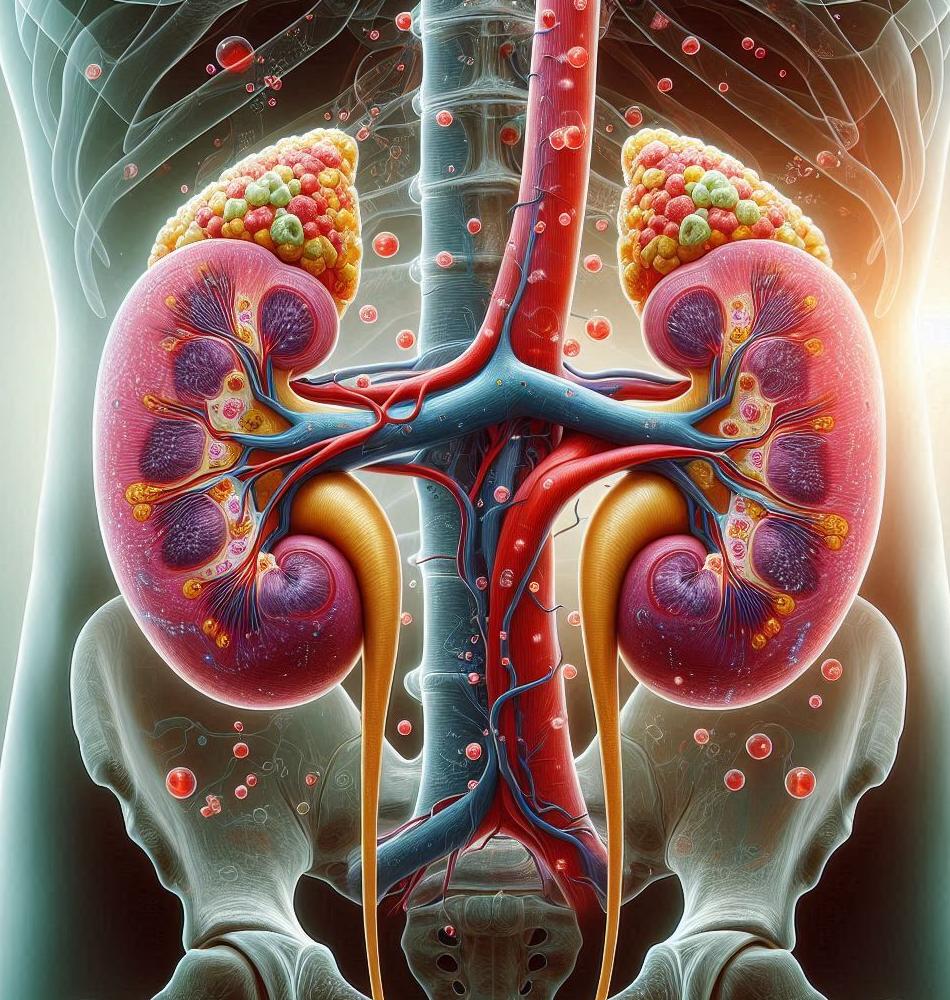Can Kidney Infections Go Away on Their Own? Explore the Answers 🌟
Kidney infections, also known as pyelonephritis, can be a source of confusion and concern for many. With symptoms ranging from back pain to fever, it’s a condition that warrants serious attention. But what if you are wondering whether these infections can simply disappear without treatment? In this article, we will explore the nature of kidney infections, their symptoms, treatment options, and the possibility of spontaneous recovery. Let’s dive into this important health topic.
Understanding Kidney Infections 🩺
Kidney infections arise when bacteria or viruses travel up the urinary tract to the kidneys. These infections can be dangerous if not addressed promptly, but understanding their nature is crucial. To better understand kidney infections, we must examine their causes and symptoms.
What Causes a Kidney Infection?
Several factors can contribute to the development of a kidney infection:
- Urinary Tract Infections (UTIs): The majority of kidney infections begin as lower urinary tract infections.
- Kidney Stones: These can block the flow of urine, creating an environment for bacteria to thrive.
- Structural Abnormalities: Any congenital defects in the urinary tract can lead to infections.
- Compromised Immune System: Conditions that weaken the immune response can increase vulnerability to infections.
Symptoms of a Kidney Infection
The signs of a kidney infection can vary widely but generally include:
- Pain in the back, side, or groin area
- Frequent urination
- Urgency to urinate
- Cloudy or foul-smelling urine
- Severe fatigue
- Fever and chills
- Nausea and vomiting
Can Kidney Infections Go Away on Their Own? 🤔
Many individuals grapple with this question. The reality is complex and subjective to several factors. Let’s dissect this idea further.
Natural Recovery
Some mild cases of urinary tract infections may resolve without medical intervention, as the body’s immune system can fight off infections on its own. However, kidney infections fall into a different category:
- Kidney infections are generally more severe than routine UTIs.
- Factors like the type of bacteria involved and the general health of the individual can play a massive role in recovery.
Risks of Inaction
Ignoring symptoms can lead to serious complications including:
- Permanent kidney damage
- Sepsis, a life-threatening response to infection
- Recurrent urinary tract infections
When to Seek Medical Attention
It’s essential to consult a healthcare professional if you experience:
- Persistent back pain
- Fever higher than 101 degrees Fahrenheit
- Difficulty urinating or blood in the urine
Treatment Options for Kidney Infections 💊
Regardless of whether the infection might resolve on its own, seeking medical attention is strongly advisable. Here are common treatment modalities for kidney infections:
Antibiotics: The First Line of Defense
Healthcare providers typically prescribe antibiotics to treat kidney infections. These medications are crucial in eradicating the bacteria responsible for the infection.
Over-the-Counter Pain Relief
Pain relief can be achieved through non-prescription medications such as:
- Ibuprofen
- Acetaminophen
- Naproxen
Alternative Remedies and Supportive Care 🌿
While antibiotics are the primary treatment, some alternative remedies may provide relief alongside medical care:
Hydration
Increasing water intake can help flush out bacteria and reduce discomfort.
Cranberry Products
Cranberry juice or capsules are often cited as potential adjuncts in maintaining urinary tract health.
Frequently Asked Questions About Kidney Infections ❓
- Can kidney infections occur without urinary tract infections?
- What are the long-term effects of untreated kidney infections?
- Does age affect the occurrence of kidney infections?
- Can men get kidney infections as frequently as women?
- What lifestyle changes can reduce the risk of kidney infections?
Conclusion: The Takeaway 📝
In summary, kidney infections are a serious medical condition that typically do not resolve on their own, and waiting could lead to severe complications. While some mild urinary issues may clear up without intervention, kidney infections require prompt treatment to avoid damaging effects. If you experience symptoms suggestive of a kidney infection, consulting a healthcare provider is crucial. Pay close attention to your body, and do not hesitate to seek help for these potentially life-threatening infections.
.png)





